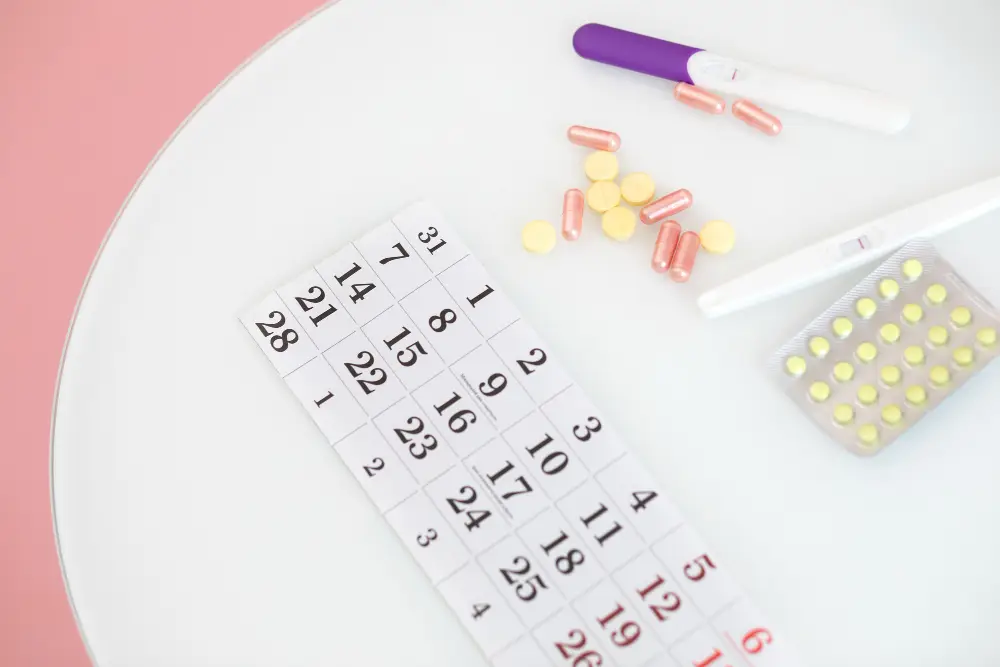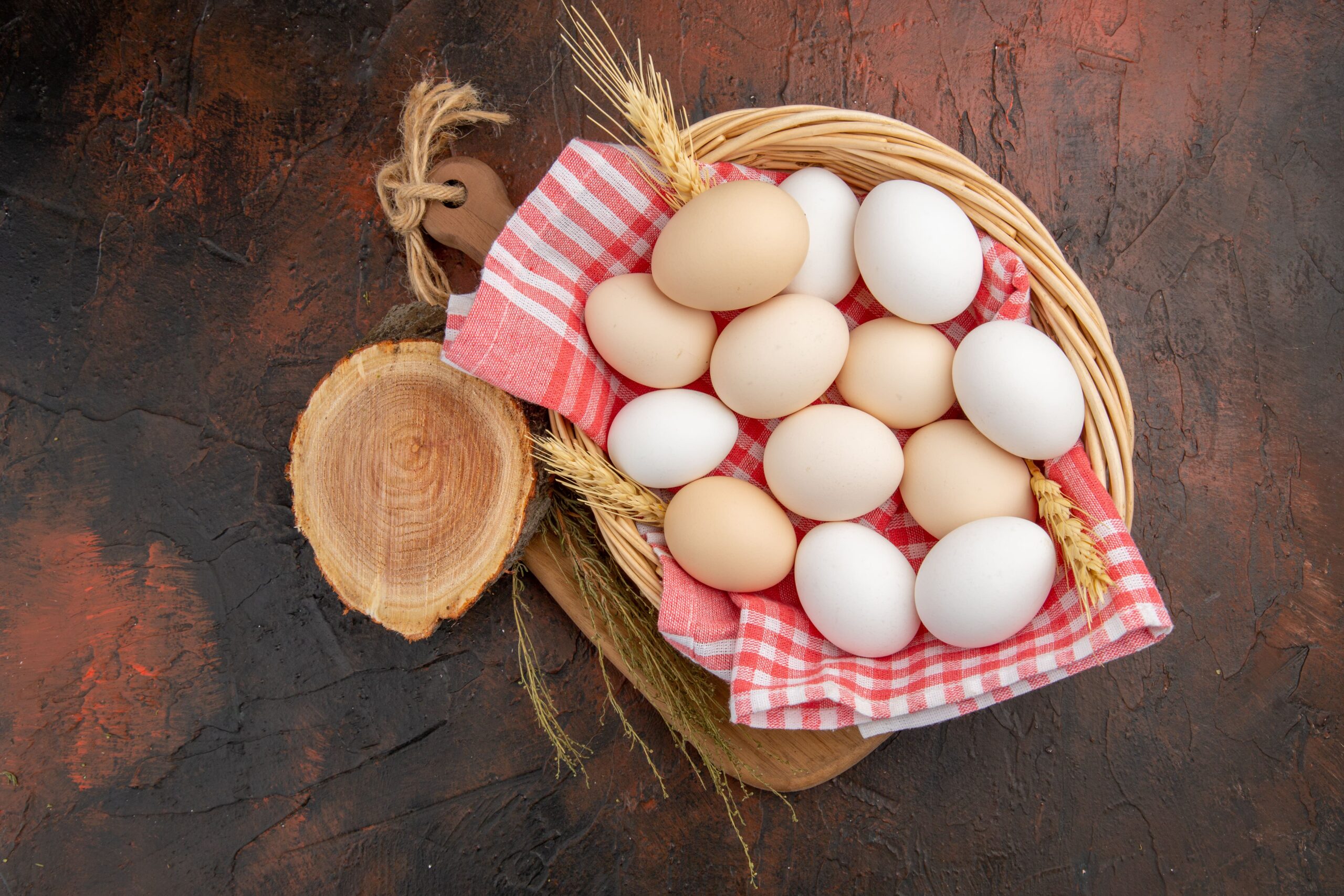If you’re trying to conceive, your diet can play a significant role in enhancing your fertility. While there’s no magic food or diet that guarantees conception, there are certain ingredients that can support your reproductive health, increasing your chances. The connection between your diet and fertility is significant, with nutrients playing a key role in maintaining hormonal balance and the health of eggs and sperm. It’s not about making drastic changes overnight but gradually incorporating fertility-boosting foods into your daily meals. We’re here to help you navigate these choices, making the journey towards conception feel less overwhelming and more empowering.
So, let’s explore how your diet can influence fertility and what adjustments you can make.
Understanding the Connection Between Diet and Fertility
Your overall health heavily relies on the food you consume, which plays a big part in conception. Nutrients like folic acid, zinc, and omega-3 fatty acids are essential for balancing hormones and maintaining the health of eggs and sperm, which directly impacts your chances of conceiving.
Foods to Include in Your Fertility Diet
- Leafy Greens & Vegetables: Foods like spinach, kale, and broccoli are rich in folate, support ovulation, and prepare your body for early pregnancy.
- Healthy Fats: Sources like fish, walnuts, and flaxseeds are packed with omega-3 fatty acids that help regulate hormones, improve egg quality, and reduce inflammation.
- Whole Grains: Foods like quinoa, brown rice, and oats are high in fiber and help maintain stable blood sugar levels, reducing the risk of insulin resistance, which can be linked to ovulatory disorders.
- Plant-Based Proteins: Beans, lentils, and tofu are associated with better reproductive health and a lower risk of ovulatory infertility.
- Antioxidant-Rich Foods: Berries, almonds, and walnuts contain antioxidants that help protect eggs and sperm by combating oxidative stress, improving your chances of conception.
- Full-Fat Dairy: Some studies suggest that full-fat dairy products like whole milk and yogurt may support ovulation and improve fertility.
Foods to Avoid or Limit
Processed Foods: Packaged snacks and fast food are high in trans fats and sugars, which can cause inflammation and disrupt hormone balance.
Excessive Caffeine: Drinking too much coffee or energy drinks can hinder fertility. It’s recommended to limit your caffeine intake to under 200 mg a day.
Alcohol: Consuming wine, beer, or spirits can interfere with hormone production and reduce fertility.
You don’t need to change everything at once, we know it’s not easy. Incorporating a fertility-friendly diet is a step toward nurturing your body for conception, but it doesn’t have to be that difficult. Start small by adding nutrient-rich foods like leafy greens, whole grains, and healthy fats into your meals. These small shifts can create a big impact on your reproductive health over time.
Remember, there’s no need to overhaul everything at once, and no single food guarantees pregnancy. It’s about creating a balanced, supportive environment for your body. No matter what, we’re here to walk this path with you, offering guidance, support, and understanding every step of the way.
References:
https://www.ncbi.nlm.nih.gov/pmc/articles/PMC8634384/
https://academic.oup.com/humupd/article/29/6/811/7226236





